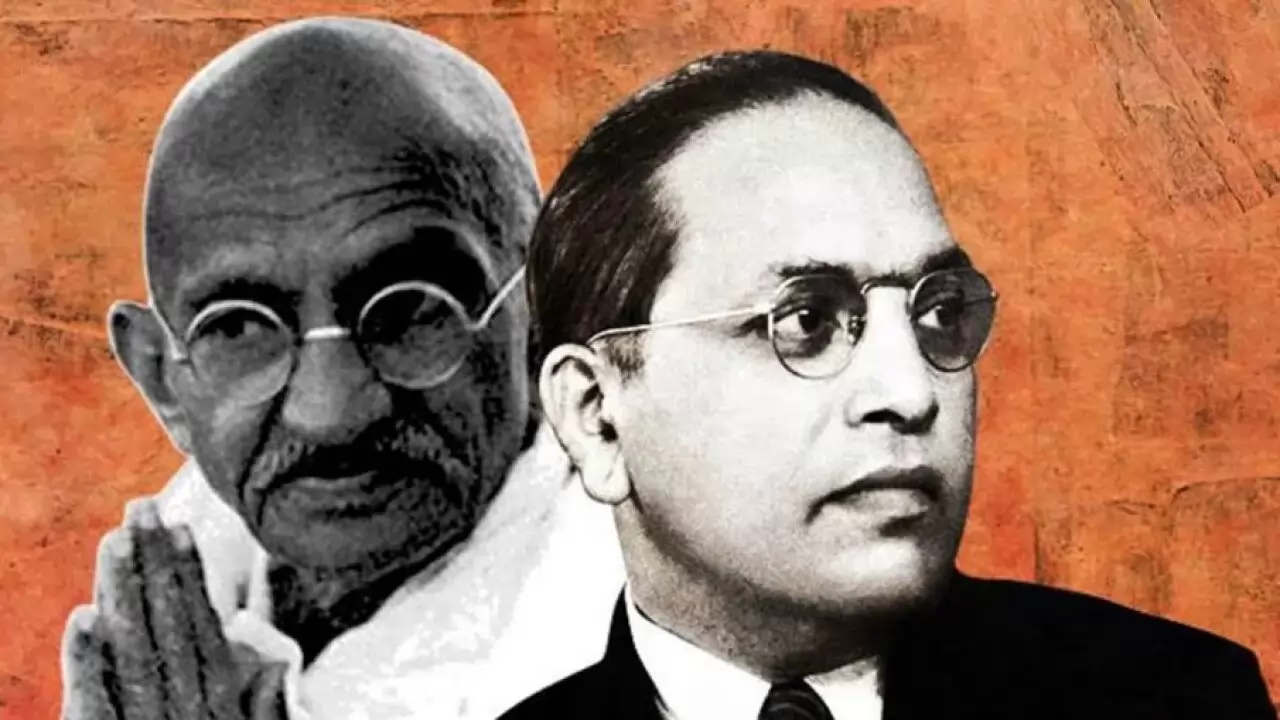
Mahatma Gandhi and Bhimrao Ambedkar are celebrated figures in India's history, having contributed significantly to the nation's development. Their roles, spanning from the period of independence and beyond, remain pivotal and unforgettable. Gandhi, through his nonviolent movements, compelled the British government to relent, while Ambedkar authored India's constitution, shaping the nation's legal framework.
Despite their monumental contributions, Gandhi and Ambedkar didn't always share the same viewpoints. There were numerous instances of disagreement between them. Notably, Gandhi initiated a hunger strike against Dr. Ambedkar while both were imprisoned in Pune's Yerwada Jail.
Between 1930 and 1932, London hosted three Round Table Conferences, where Dr. Bhimrao Ambedkar represented India. During the second conference, deliberations centered on Ambedkar's proposals, leading British Prime Minister Ramsay MacDonald to announce communal representation awards. This decision allotted separate electoral constituencies to 11 communities, including Dalits, who had the privilege of dual voting rights. Gandhi, however, was disheartened by Ambedkar's stance.
Upon learning of Ambedkar's decision, Gandhi expressed deep dismay. His subsequent hunger strike, which commenced on September 20, 1932, garnered significant attention and concern for his well-being. Despite attempts to persuade Ambedkar to reconsider, initial discussions yielded no change. However, Ambedkar eventually agreed to alter his decision, albeit with specific conditions.
The culmination of negotiations was the Poona Pact on September 24, 1932. This pact signified a breakthrough, establishing reserved seats for Dalits within the joint electoral system. Consequently, the British-imposed system was dismantled, marking a triumph for Gandhi's movement and a significant stride toward social inclusion and justice in India.





Copyright © 2025 Top Indian News
